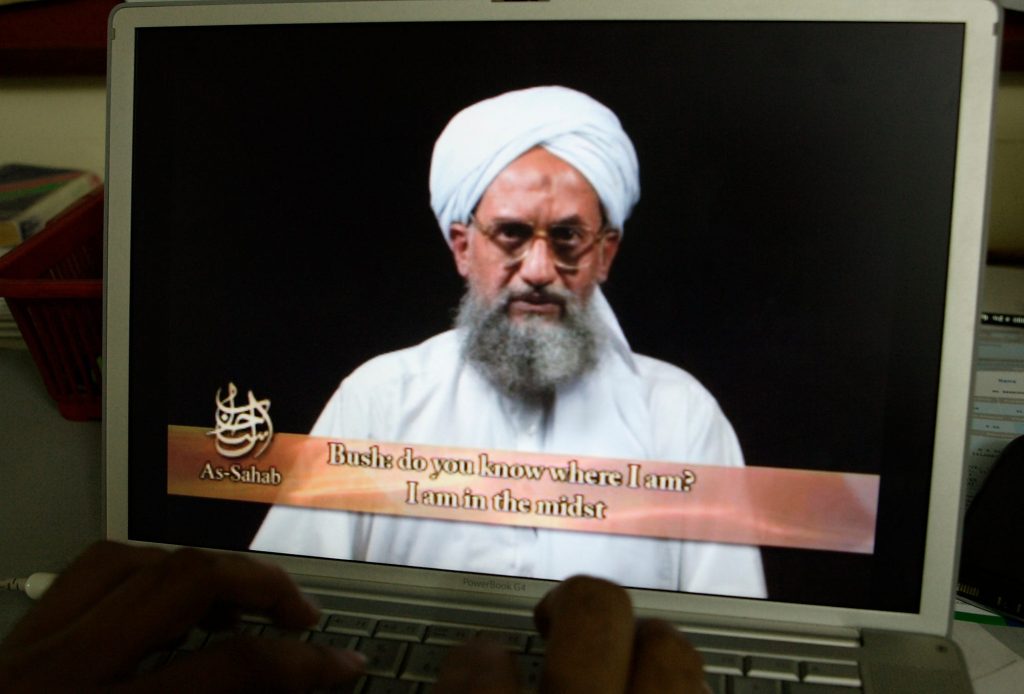- The US is warning citizens overseas to be vigilant of attacks and violence against Americans.
- The State Department issued the warning after a US drone strike killed Al Qaeda's leader.
- There is now a "higher potential for anti-American violence" overseas, the Department said Tuesday.
The US is warning its citizens overseas to be extra vigilant of potential terror attacks, days after a drone strike in Afghanistan killed Ayman al-Zawahri, the leader of Al Qaeda.
In a Tuesday alert, the State Department said there is now a "higher potential for anti-American violence" after President Joe Biden announced on Monday that a US strike killed Ayman al-Zawahiri over the weekend.
"Current information suggests that terrorist organizations continue to plan terrorist attacks against US interests in multiple regions across the globe," the State Department said.
It said potential attacks "may employ a wide variety of tactics including suicide operations, assassinations, kidnappings, hijackings, and bombings."
The State Department urged US citizens to exercise "a high level of vigilance" and "practice good situational awareness" while overseas because violent incidents could potentially occur without warning.
The US said government buildings should also monitor any potential security threats.
Egypt-born al-Zawahiri, who had a $25 million bounty on his head, was killed last weekend in a US drone strike at his home in Afghanistan's capital city Kabul.
Al-Zawahiri was very involved in planning the 9/11 terror attacks and other violence against US citizens and became the leader of Al Qaeda after Osama bin Laden was killed by Navy SEALs in 2011.
"Now, justice has been delivered and this terrorist leader is no more," Biden said after the strike became public. "We make it clear, that no matter how long it takes, no matter where you hide, the US will find you and take you out."
The drone strike occurred nearly one year after the chaotic withdrawal of US troops and other NATO forces from Afghanistan — ending a decades-long American military presence in the country and coinciding with the start of a second Taliban rule.
